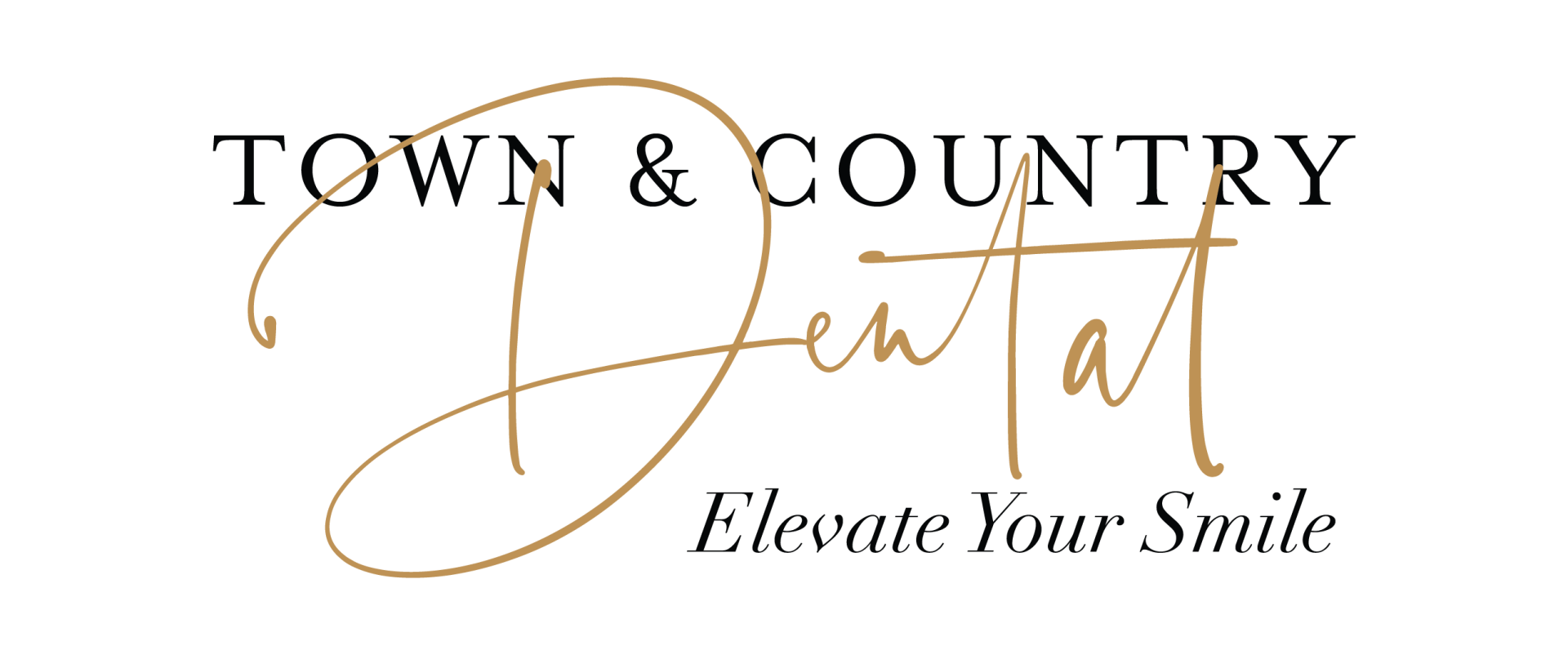Blog Layout
Causes and Treatment for Bruxism
Admin • Dec 11, 2017
Do you clench or grind your teeth daily?

Many people grind or clench their teeth on occasion without any ill effects. The medical term for teeth grinding is called bruxism, and when it occurs on a regular basis, teeth can be damaged, and other oral health complications can arise. Here are some symptoms of bruxism:
- Sensitive teeth
- Fracturing, loosening, or loss of teeth.
- Jaw pain and stiffness
- TMD/TMJ
- Enlarged jaw muscles
- Clicking or popping of jaw joints
- Headaches
- Earache
Causes
Dental professionals have identified a range of physical and psychological causes that can lead to bruxism.
Stress, anger or anxiety
can lead to clenching and grinding, often during sleep. Some people are not even aware that they are grinding their teeth until a loved one informs them of the noise they are making at night. Managing stress levels, utilizing relaxation techniques or exercise may help with stress relief.
Bite and alignment issues
are another common cause of bruxism. Missing or crooked teeth or an abnormal bite can cause irritation, which may trigger grinding. Speak to your dentist to determine the best treatment.
Sleep issues
such as sleep apnea or snoring affect nighttime breathing and are primary causes of bruxism. Sleep issues have also been linked to major health complications so speak to a medical professional to address the matter.
Medications, including certain antidepressants, antipsychotics, and amphetamines have been linked to bruxism.
Neurological conditions
such as Huntington’s disease or Parkinson’s disease may also contribute to teeth grinding and clenching.
Treatment
There is no simple cure for bruxism, but managing the underlying cause and relieving symptoms is the general approach that most medical and dental professionals recommend. Whenever feasible, lifestyle choices and behavior patterns should be examined for areas where improvements can be made. These include:
Getting enough exercise and sleep regularly
Relaxation and stress management techniques before bed. Use a warm washcloth or a heating pad to relax the jaw muscles which may ease tension as well.
Avoiding excessive caffeine or alcohol
Avoiding chewing gum because it can embed clenching into the muscle memory
In conjunction with behavioral improvements, devices can be utilized at night to protect the teeth. These devices are called by many names, including occlusal guard, dental guard, night guard or bite splint. The American Academy of Oral Medicine recommends a plastic mouth guard that covers the teeth in either the upper or the lower arch. Although stock type dental guards are available at drug stores, many people find them to be too bulky or ill-fitting. A custom night guard may be a better option to ensure a better fit and more regular use.
Contact Town & Country Dental
if you have any of the symptoms of grinding or clenching your teeth at night. We can conduct a full evaluation and recommend the best course of treatment for your particular situation.

